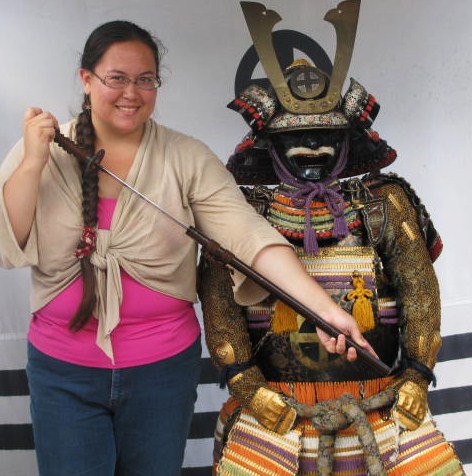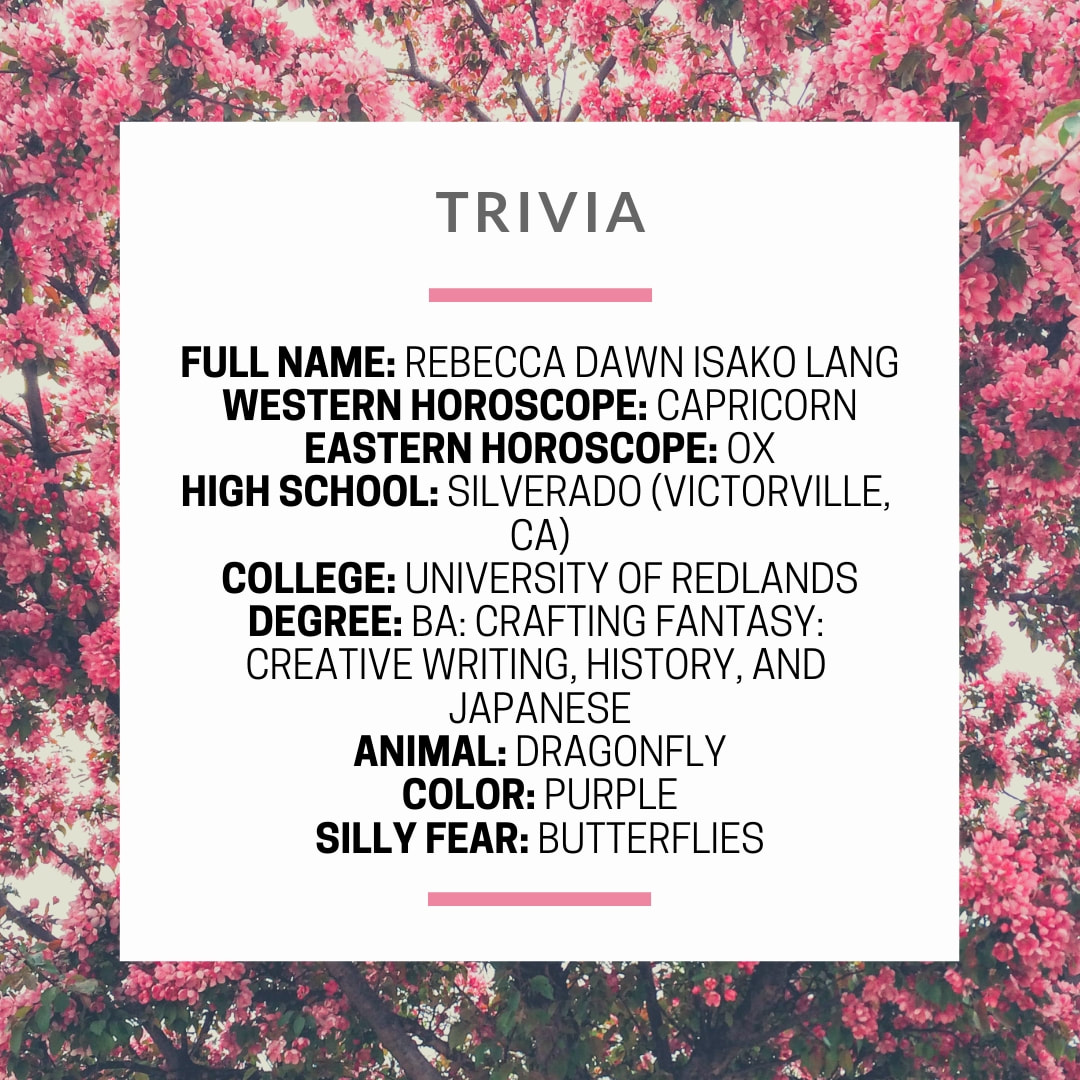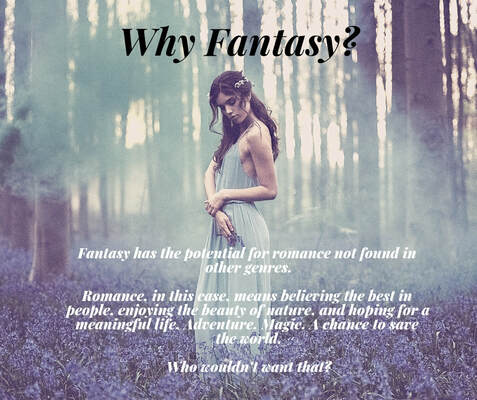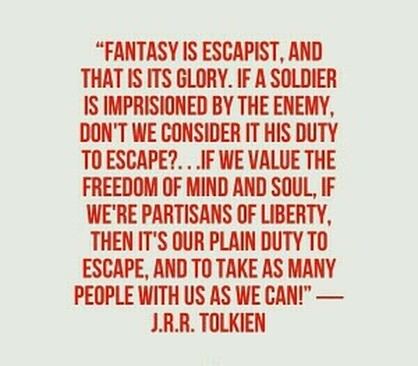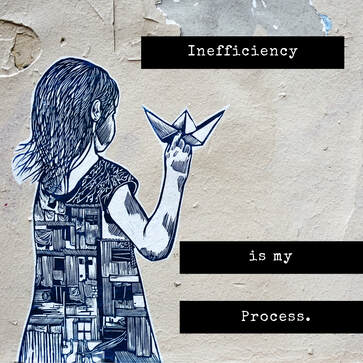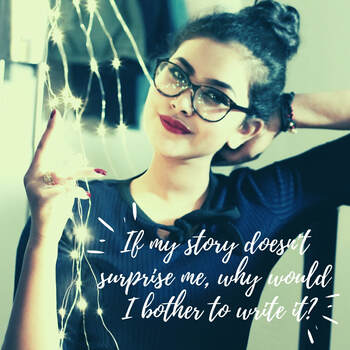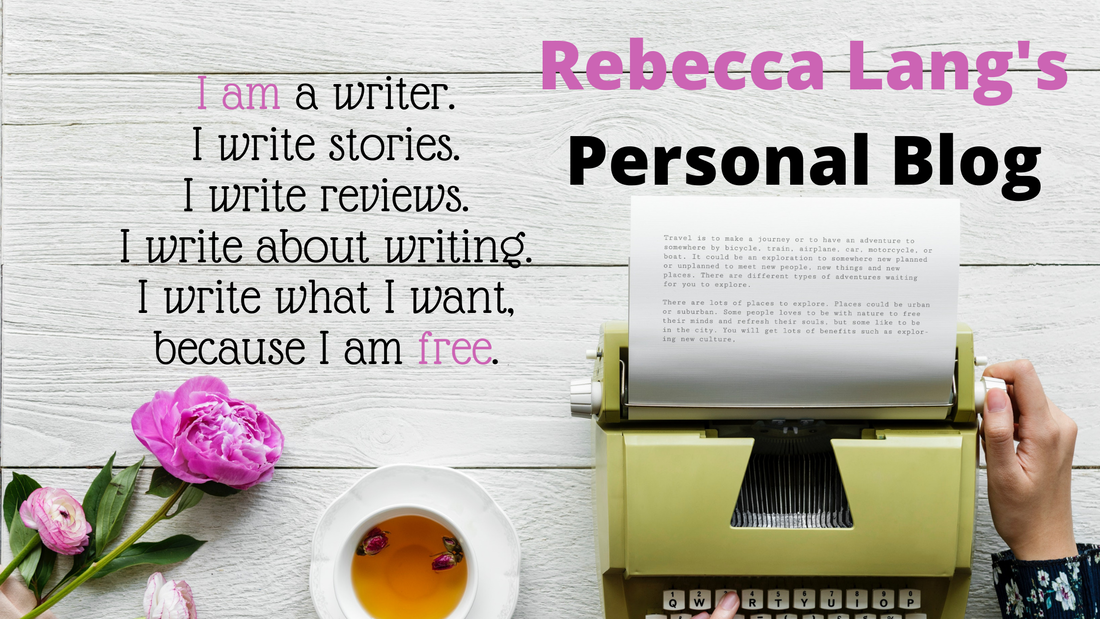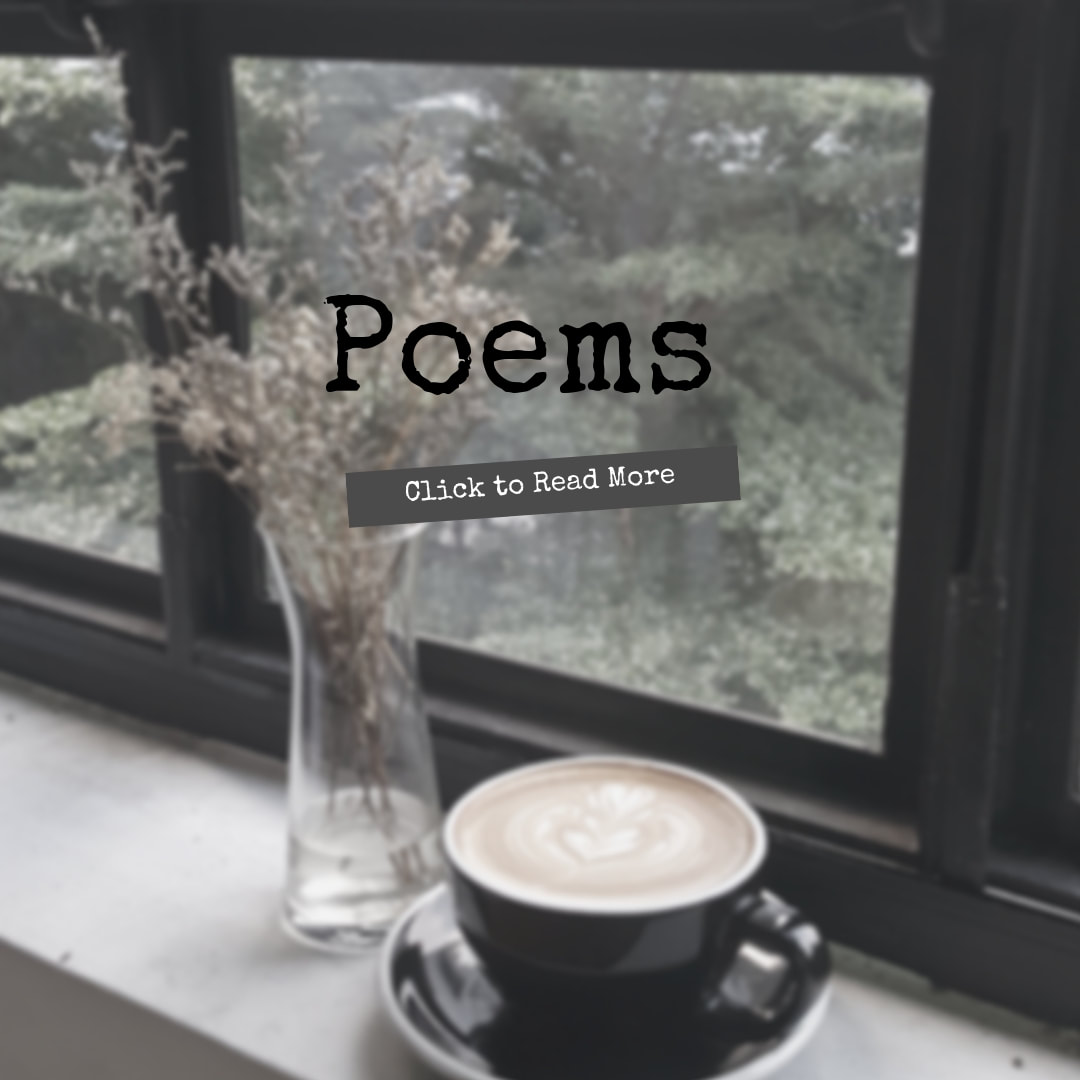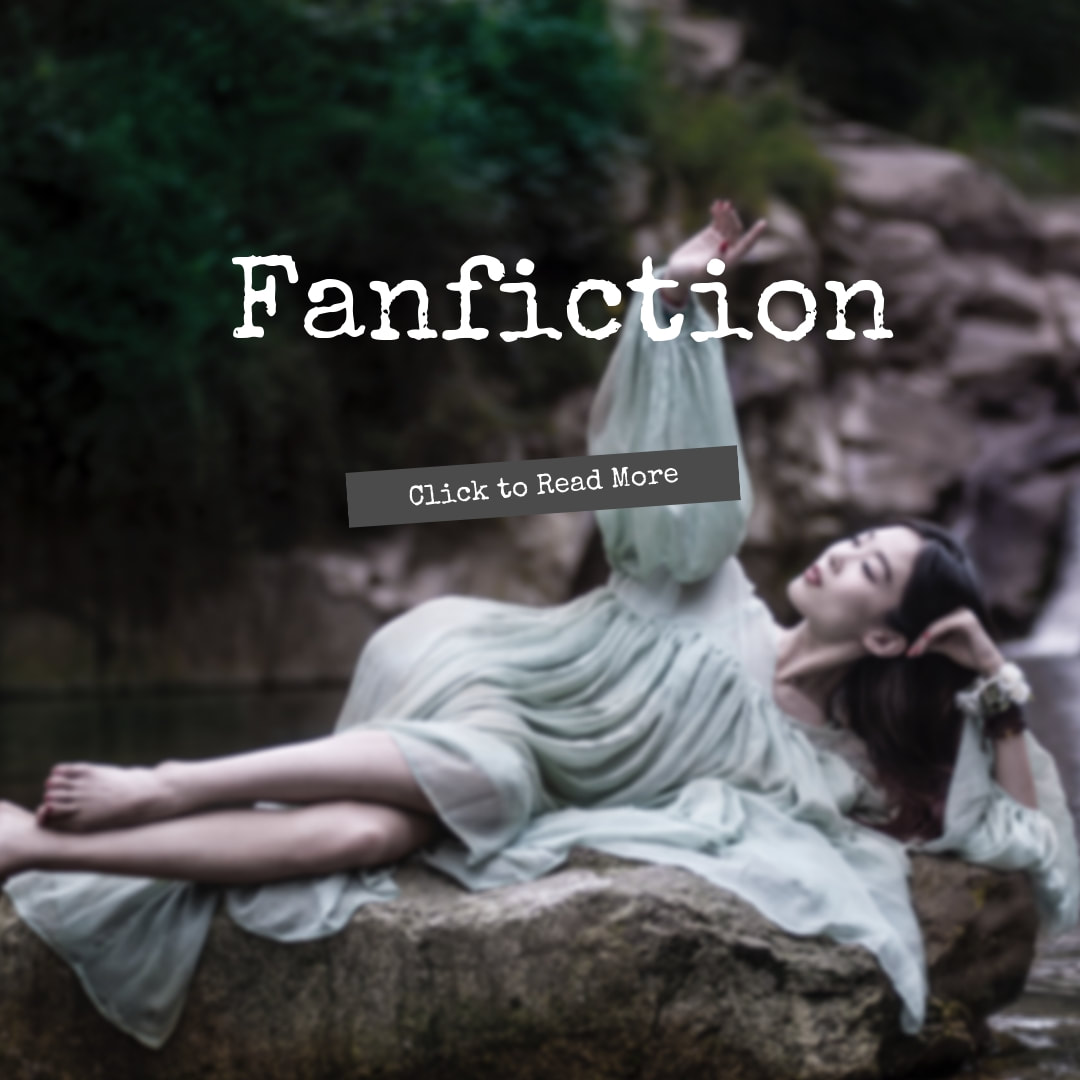About Me
|
My name is Rebecca Lang, and I am a fantasy writer, a California native, a seeker of free Shakespeare plays, and a lover of all things magic. When I was twelve, I read J. R. R. Tolkien's The Lord of the Rings until the covers became tattered and the binding wore thin. From that time forward, I fell in love with fantasy. I yearned to explore new worlds, experience new ways of thinking, and have grand adventures--all from the comfort of home.
|
My own adventure came in 2007 when I had the honor of living in Japan and teaching high school students English. In the home of my ancestors (I'm half Japanese-American), I biked down lanes of cherry trees, hunted down Meiji history, and sampled everything from traditional sweets to raw chicken. Nowadays, most of my adventures are quieter, as I struggle to find a balance between pursuing my dream, hanging out with friends and family, and figuring out how to survive this crazy thing called life. I currently reside in Southern California.
Books Written by Rebecca Lang
- The Changelings: Book 1 of Matthew's Prophecy (2015)
- Three Floating Coffins (2018)
- Captured in Color and Other Brief Stories (2018)
- Company: A Novel of a Ghost and an Imaginary Friend (2020)
- The Originals: Book 2 of Matthew's Prophecy (Coming in 2023)
Why Do I write Fantasy?
I grew up in a desert suburbia known as Victorville. Between rows of houses, tumbleweeds sprouted in the vacant lots and trash collected in the gutters. My life was safe, but dull. I craved excitement, beauty, and something more. An avid reader, I used to sit on the swings and read book after book to escape my ordinary, uninteresting life.
When I was twelve, I read J. R. R. Tolkien's The Lord of the Rings. I read it over and over again until the covers became tattered and the binding wore thin. There was something about the adventure, the friendships, the epic quest that stirred me. This was what my life lacked. This was what I wanted.
I saw in fantasy the potential for romance not found in other genres. Romance, in this sense, means believing the best in people, hoping for a meaningful life, and enjoying the beauty of nature. Adventure. Magic. A chance to save the world. Who wouldn't want that?
As a writer, fantasy gives me incredible freedom, not only to create my own worlds, but also to explore universal themes like truth, justice, and sacrifice--themes I wouldn't otherwise ponder during the normal course of the day. Writing fantasy clarifies my own moral code. At the end, it helps to make me a better person.
My Writing Process
What I've learned about writing novels is that everyone has a unique process that works for them, and that the process changes over time. The way I wrote at 19 is vastly different than how I write today. I encourage any new writers to explore and experiment with new ways of writing. It's not about finding the "best" way to write, but finding a method that works for you.
Composition Books Beats the Latest Technology
When I was in high school, I wrote my first novel (a masterpiece of pokemon fanfiction) by hand-writing each chapter on loose-leaf paper and then re-typing them into the computer, editing as I went. My dad, who is my biggest fan, kept trying to find ways to make my writing more efficient. And so I tried reading my chapters into the computer, story-mapping, and hand-writing conversion programs. When none of those worked, I typed chapters straight into the computer as they entered my head.
And then I realized that inefficiency is part of my process.
Now, I begin writing in simple, cheap composition, color-coated for each different novel. When I write in a notebook, I'm not distracted by my typing or by checking on the words going onto the screen. I don't feel pressure to produce something beautiful. My mind is free to get lost in the story. My words come faster, looser, freer. Notes become dialogue, then scenes. This kind of alchemy doesn't happen on a computer, where everything is categorized.
Writing in a notebook also forces me to re-read my writing. I have a terrible habit of not reading drafts through or skimming quickly. But when I transcribe my work, I'm forced to re-read everything in depth. My mind begins to edit, cutting unnecessary words, figuring out where each random chunk of inspiration fits in, deciding what needs to be added in or expanded.
My Rough Draft is My Outline
I can't outline. Whatever plan I make falls apart the minute I start to write. I realize that my heroes need a sword or my villain's motivation is faulty or a million other details that can steer me onto a different path. I don't know what my story will be until it's written. And, to be honest, I prefer it that way. If my story doesn't surprise me, why am I bothering to write it?
By the same virtue, I can't properly revise until I know the ending. I tried in college. I spent a whole summer writing 2 chapters, making sure every image was clear and detailed, that my every line was poetry. Then I came to chapter 3, realized none of my writing set up the next plot point. I promptly abandoned a summer's worth of work.
So I need a rough draft. I write to discover my story. My words flow quickly, in large chunks, moving from one interesting plot point to the next. I go back only when absolutely necessary--when some element is so wrong it prevents me from writing the next point. I can't revise until I lock down an ending.
Revision is a Patchwork Affair
My rough draft gives me a broad "big picture" idea of the plot, character, setting, and themes of my novel, and how they all connect. But the devil is in the details, and that's where revision comes in.
Do I know what my character is thinking at any given moment? Can I describe fear or anguish or tension? Do I know the species of trees growing in the forest or the furniture in a character's house? How's the tone? The pace? Are my words grammatically correct and pleasing to the ear?
It's too much to handle at one time. So I don't.
I break it up. I go back to my trusty composition book and ramble on about what my character is feeling. I research. I fiddle with dialogue. I describe the movement of a cat. I write from a different character's point of view. I re-write a scene one way and then another.
Then I take all these scraps and sew them together, until the story has shape and texture. Cut, expand, cut, expand. I hone my manuscript until every word serves a purpose.
other Writing
My passion is writing fantasy novels, and I have several books available for purchase now that can be sampled on this website. But every now and then, I dabble with other forms of writing. My current blog is Rebecca Lang's Personal Blog (rebeccalangpersonalblog.wordpress.com), and it is where I update the most. But if you are interested in my earlier work, you can find the links below.

